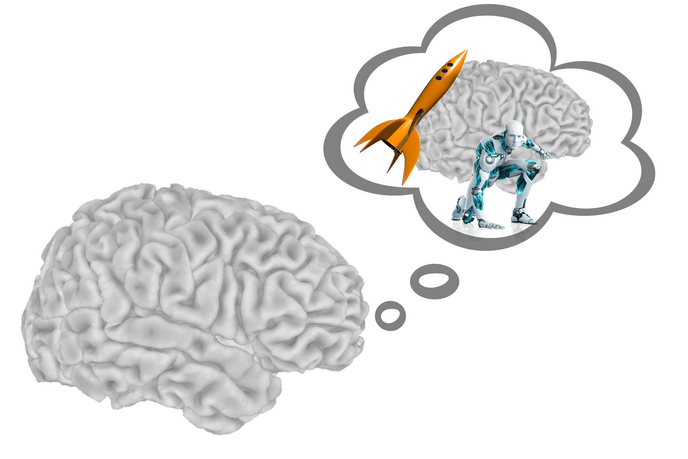Exploring metacognition in decision-making
Decisions, decisions, decisions. Most of us don’t realise that this is something we do from our waking hour until bedtime. Faced with a multitude of situations, people must decide which of several actions is best to take. To do this, most rely on previous experiences to predict upcoming events and internally test the consequences of their actions in a flash of the eye allowing them to adequately anticipate what comes next and what to do next. It is certain that being able to estimate the quality of decisions, metacognition is critical in many situations. To have a reliable estimate about how well we are performing or how adequate decisions are is critical in many aspects of (professional) life.
Memory aids in guiding behaviour
To understand how the brain can adeptly forecast the outcome of judgements made, the EU-funded Meta_Mind project designed a series of experiments in which human participants were asked to make a variety of decisions. “In these experiments, we used novel pattern analysis techniques and brain stimulation to examine brain signals (fMRI and EEG) recorded during decision-making and during the brain’s ‘best guess’ about the outcome of our own behaviour,” explains Martijn E. Wokke, Meta_Mind principle investigator. This research was undertaken with the support of the Marie Skłodowska-Curie Actions programme. Wokke offers an example everyone can relate to. When entering an unfamiliar supermarket to buy a chocolate bar, most of us usually don’t pay attention when walking past the detergent aisle, but when spotting the cookies, our attention starts to focus. As he explains, without being told where the chocolate bar is, the attentional system is able to use prior information (i.e. familiarity with supermarket layouts) and present sensory input to help find the chocolate bar. What this example shows is that along with externally observable information, internally oriented processes, such as memory, play a critical role in efficiently guiding behaviour in everyday settings.
Examining metacognitive decision-making abilities
Unfortunately, prediction skills are not always at full strength, like when we become drowsy. They can even become severely compromised, for example, in the case of schizophrenia or some forms of addiction, often with detrimental consequences. According to a scientific publication co-authored by Wokke, metacognitive abilities allow adjustment of ongoing behaviour and modification of future decisions in the absence of external feedback. Although metacognition is critical in many daily life settings, it remains unclear what information is actually being monitored and what kind of information is being used for metacognitive decisions. After frequent exposure to certain action-outcome events, or context-outcome events, the project findings showed that the brain ‘internalises’ such initially external processes to allow us to guide behaviour more effectively. Specifically, the prefrontal cortex seems crucial when it comes to internally predicting what will happen next and in producing a sense of ‘metacognitive awareness’ of how our interactions with the world proceed. When, on the other hand, the research participants’ brains were stimulated with transcranial magnetic stimulation which briefly disrupts neural activity in (anterior) prefrontal areas, they were less skilled at predicting how well they performed. Moreover, they were unable to use predictive information present in the environment (contextual information) to foresee upcoming events. “These findings may prove to be important in understanding suboptimal decision-making in everyday behaviour and in clinical settings,” concludes Wokke.
Keywords
Meta_Mind, decision-making, metacognition, pattern analysis, memory, prediction, consciousness

